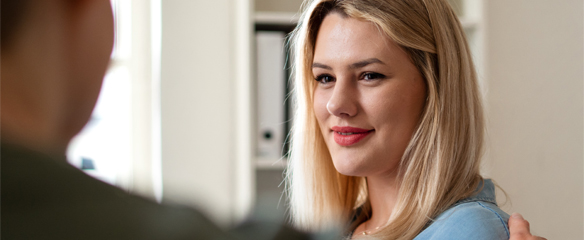Anthem provides automatic translation into multiple languages, courtesy of Google Translate. This tool is provided for your convenience only. The English language version is considered the most accurate, and in the event of a discrepancy between the translations, the English version will prevail. This translation tool is not controlled by Anthem, and the Anthem Privacy Statement will not apply. Please read Google's privacy statement. If you want Google to translate the Anthem website, select a language.
